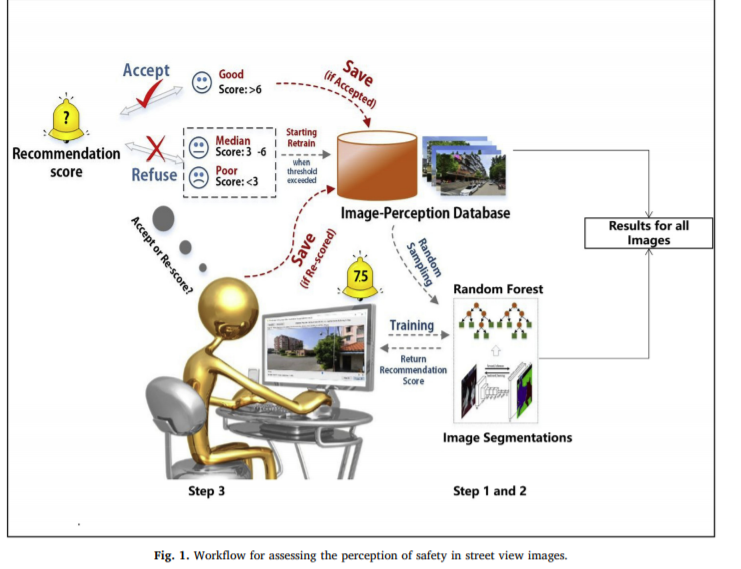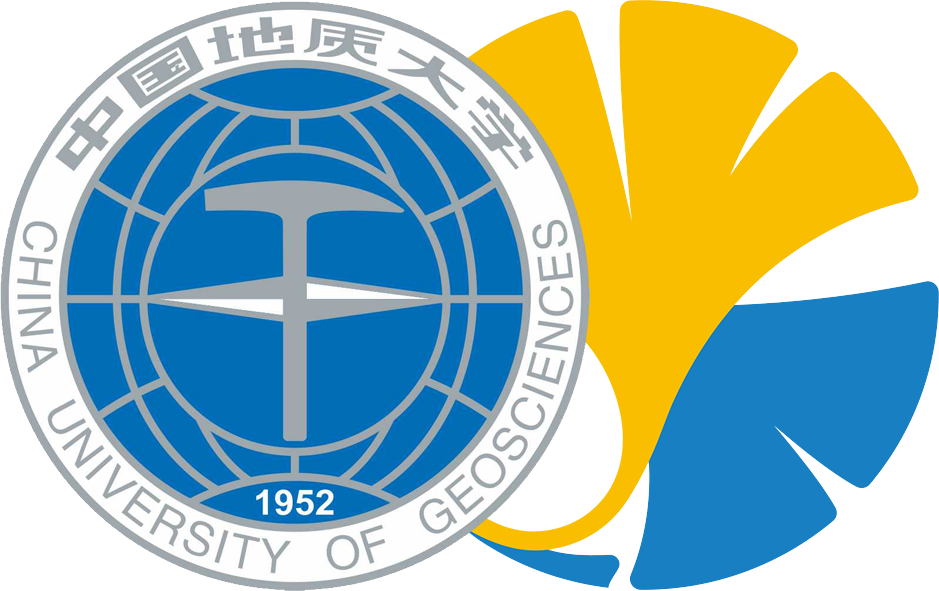ABSTRAT
Though global-coverage urban perception datasets have been recently created using machine learning, their efficacy in accurately assessing local urban perceptions for other countries and regions remains a problem. Here we describe a human-machine adversarial scoring framework using a methodology that incorporates deep learning and iterative feedback with recommendation scores, which allows for the rapid and cost-effective assessment of the local urban perceptions for Chinese cities. Using the state-of-the-art Fully Convolutional Network (FCN) and Random Forest (RF) algorithms, the proposed method provides perception estimations with errors less than 10%. The driving factor analysis from both the visual and urban functional aspects demonstrated its feasibility in facilitating local urban perception derivations. With high-throughput and high accuracy scorings, the proposed human-machine adversarial framework offers an affordable and rapid solution for urban planners and researchers to conduct local urban perception assessments.

Q.E.D.









